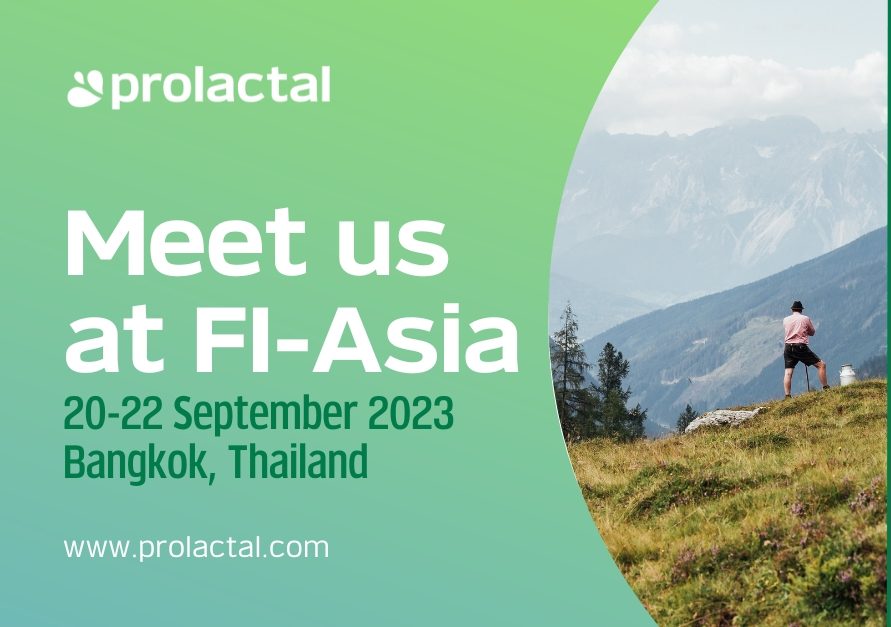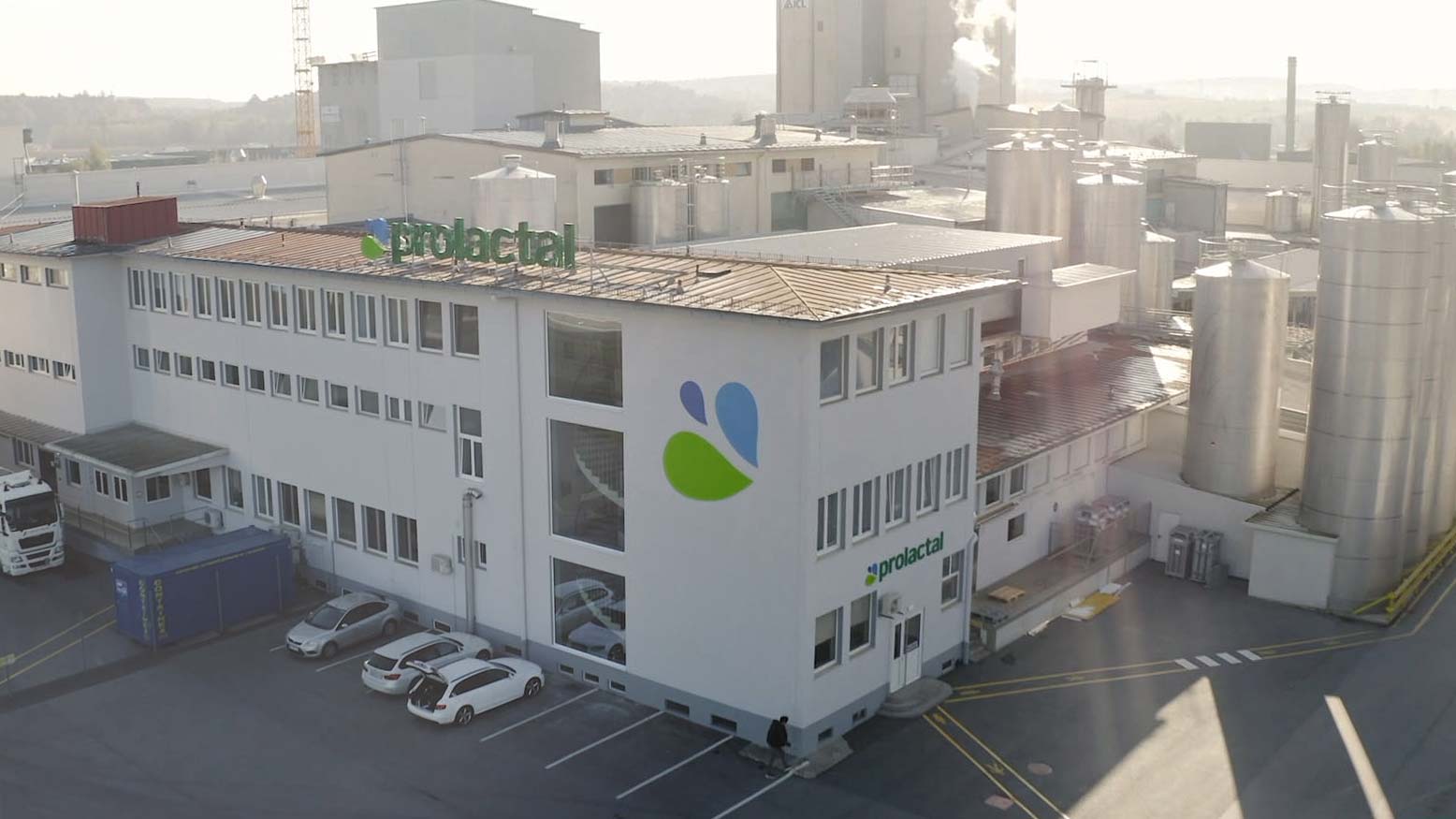Within the last year, massive restrictions have turned our everyday lives completely upside down. One positive thing has come out of this challenging situation: organically produced and regional foods have continued to gain importance with consumers. An organic approach is holistic and friendly to animals and the climate: Compared to conventional agriculture, regional organic farming saves large amounts of greenhouse gases (especially animal products). Because no synthetic nitrogen fertiliser is used, and the feed rarely comes from overseas. Besides, the CO2 binding in the soil is better due to the higher humus content.
In fact, sustainability in the food industry has been named a top trend in the year 2021. Consumers tend to buy more local, seasonal and sustainably produced items. Sustainability in ingredients, packaging and transport, but also fair working conditions, are being prioritised. Let’s take this chance together!
Organic values at Prolactal
For us, Organic is not only a trend. We believe in Organic because we care for a healthy next generation and animal welfare and want to take responsibility for a sustainable and ecological environment. 70% of our production quantity is based on organic milk – our core business. Our production process begins with sourcing the highest quality fresh organic cow, goat, sheep milk, or whey. In 1958 at the start of the operation plant in Hartberg, our regional farmers still delivered milk in 25-litre and 40-litre-tankards. Due to Prolactal’s rising success, we source premium milk and whey from Austria and the Alpine region. As a BIO AUSTRIA partner, we receive additional support to find the best raw material suppliers.
Organic sourcing in Austria and the alps
Austria is considered to be Europe’s „organic farming country no. 1“. Over a quarter of Austria’s agricultural land is dedicated to biological farming. This makes Austria the country with the highest percentage of organically farmed agricultural land of all European states. Meanwhile, the number of farmers converting to organic is steadily increasing. As early as 1927, Austria registered the first organic farm in the world. Austria is also the first country to establish national organic farming regulations, ten years before the first EU regulations.
In line with BIO Austria
Regional agriculture is held in high esteem internationally, and Prolactal plays a part in living up to this reputation. Therefore, the next logical step was to become a BIO AUSTRIA partner. BIO AUSTRIA members produce organic foods that surpass the legal requirements of the EU’s regulation on organic production: for example, brother roosters are to be bred, or cattle feeding must consist of up to only 15% of concentrated feed, compared to the 50% in the European organic regulation. BIO AUSTRIA is the first point of contact for all enthusiasts of organic agriculture. By choosing to become a quality partner in 2020, we also contribute to this fantastic organic farmer community. Among the more than 380 BIO AUSTRIA partners are butchers, bakers, dairies, wholesalers, logistics companies and more. See our short introduction on the BIO AUSTRIA Website.
Wide organic product range at Prolactal
As early as 2011, Prolactal recognised the advantages of organic milk and extended its product range and strategic focus. Through strategic cooperation with leading Austrian dairies, Prolactal has established a national value chain, which allows us supplying the increasing demand for natural products worldwide. Today, Prolactal offers different milk and whey powder products, such as organic goat whole milk (WMP) and skimmed milk powder (SMP), organic milk protein concentrate (MPC), organic whey protein concentrate (WPC), organic sweet whey powder (SWP), organic lactose, organic yoghurt powder and organic A2 whole milk and skimmed milk powder.
You can view our current product overview here.





